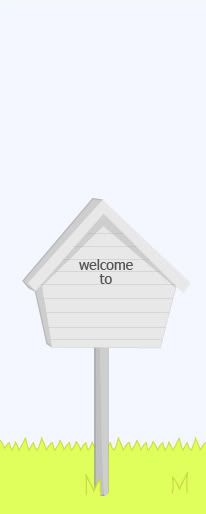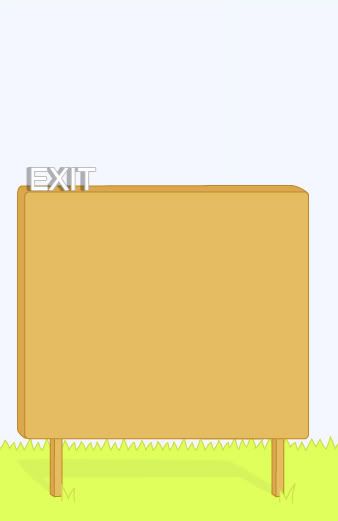Task 1
This poem was wriiten by Henry M Bechtold when he was siting in his hotel room in Saigon just before Christmas 2009. The inspiration for this particular poem was from a news he was watching where the background was a photo of a small boy with a helmet and an automatic rifle and this sparked off his imagination as he began writing this poem,
Children In the Darkness. He claims that he often goes back to Vietnam as his "soul lives there". From this, we can infer that he had most probably experienced the war and may even be one of the soldiers who fought the war. Although he survived, it seems like he could not recover from the trauma of war he experienced then.
In the first stanza, "there are children in darkness" shows us that the children are going through the war, and are forced to fight for the country, as the live in darkness, not knowing what is happening around them, showing the innocence of childhood then. This line somehow wants the reader to understand and sympathise these kids "who have not seen the light". As they are in "darkness", they are taught to "fight" and this shows how pitiful they are as this is the only thing they are taught in childhood. The irony of the poem is presented here as it wants to show that soldiers fight to protect the country willingly, knowing they will die, but these kids fought when they are unaware of what is happening around them.
The next stanza states "Chalk and blackboards will not be" and these shows the contrast of the the way a normal education a children should go through in school with how they are treated now. The last two lines of the stanza have strong words like "flee" and "free" which shows us that the children had no freedom of choice on whether they want to fight the war as they are not "free" to "flee" from the war.
The third stanza is filled with four lines of questions on whether these children could be taught what they are suppose to be learning at their age now. The words, "light" and "chance" further makes the reader feels sad for these children as they could not see the light and did not have the chance to learn what they are supposed to learn but are instead forced to face the crude reality at such a young age.
The fourth stanza answers all these questions by saying that they have no choice and they cannot learn what normal students are taught as "a war consume them, their body and their soul". The next two lines show how these children would be killed and the vocabulary used evokes a sense of "bloodiness" in the reader's mind, showing how bloody war is.
The last stanza somehow concludes the whole poem by saying that they are being banished into "darkness" where it shines no "light", a reference to them having no hope to live life like normal children of their age.
The poem is an anti-war poem as it shows how even children are being affected by the war, the unfairness present here as they are forced to war and lastly how much blood would be shed in a war.
Source: http://www.warpoetry.co.uk/2010warpoetry.html#Children_
http://keyserzone.blogspot.com/2010/05/poetry-analysis-children-in-darkness.html
8:50 PM




